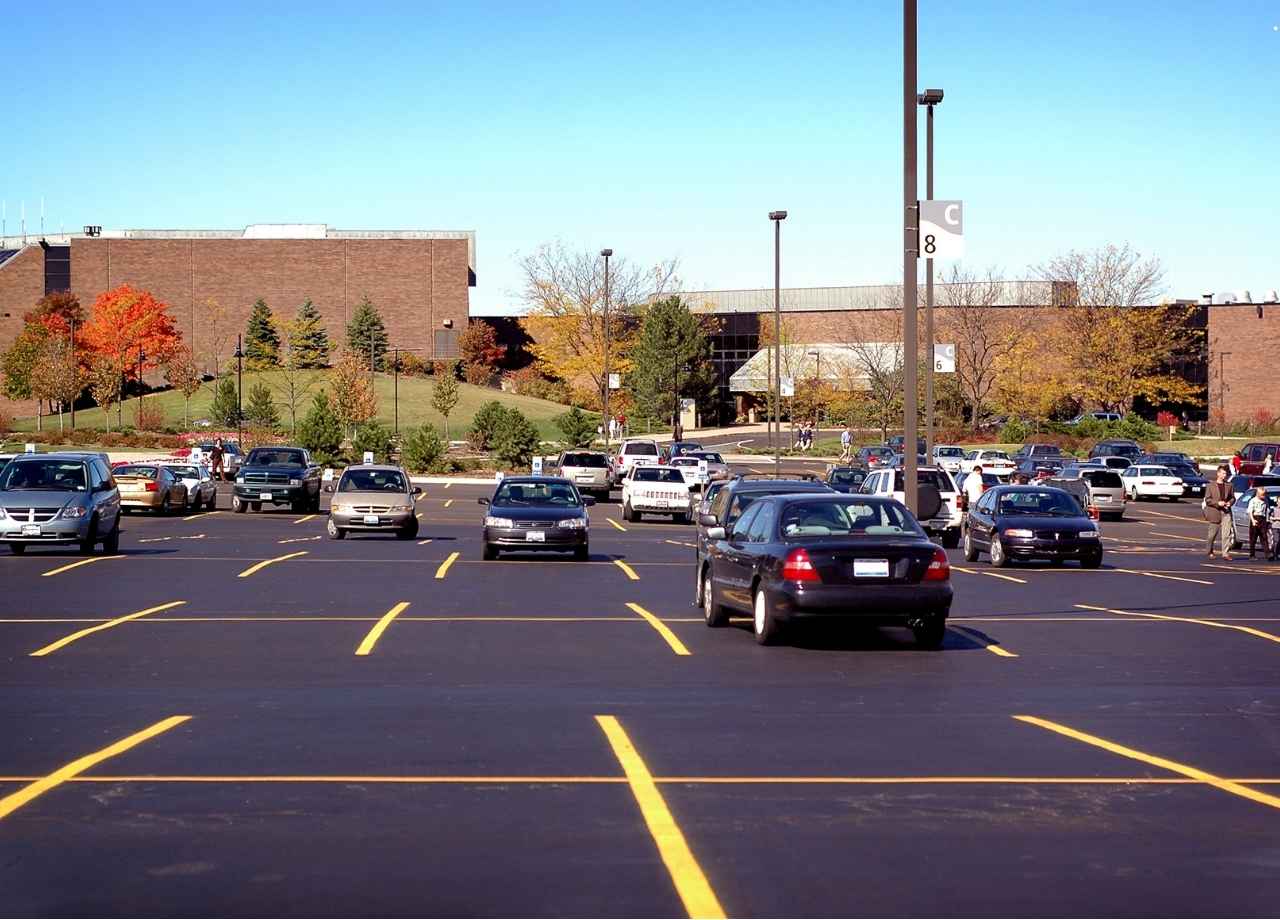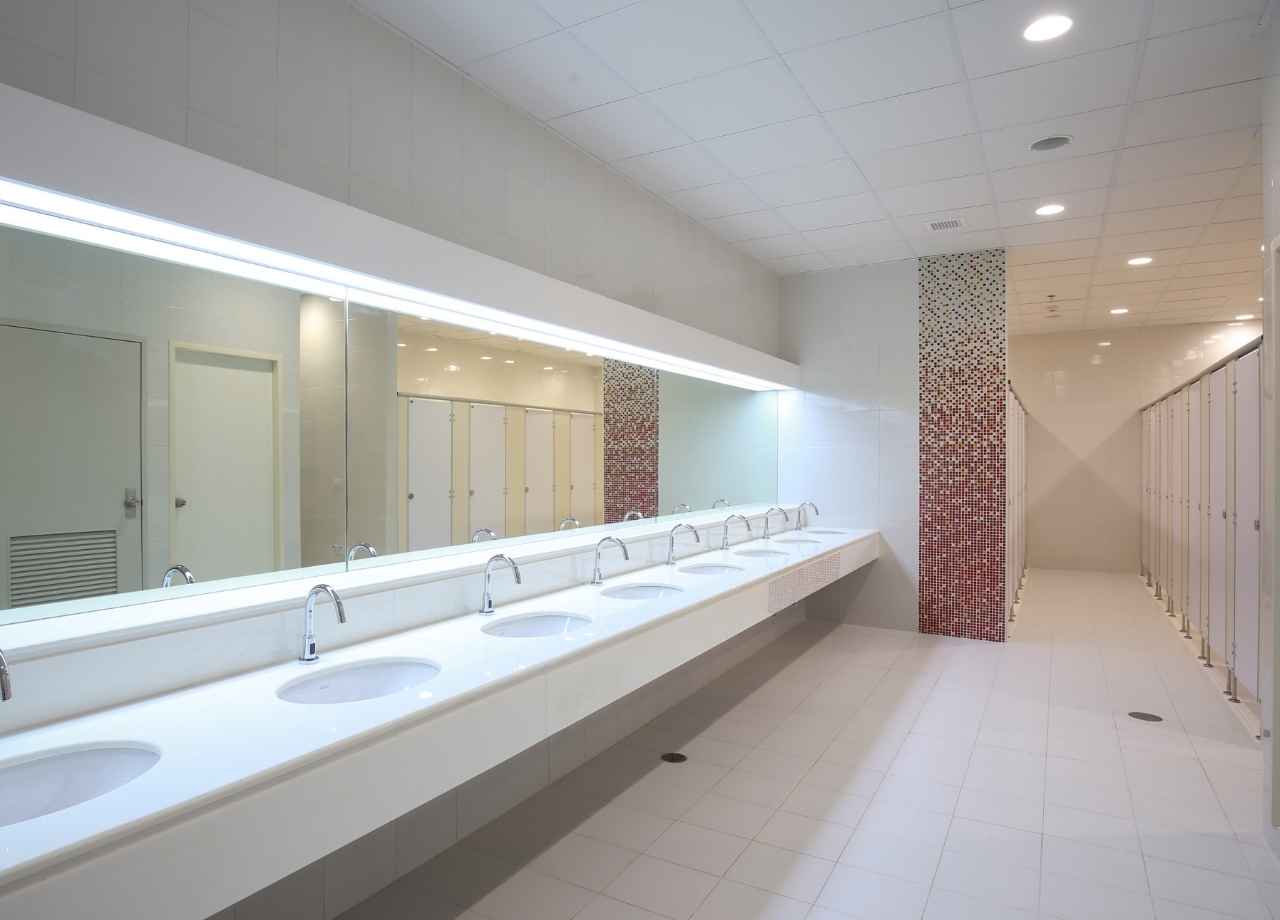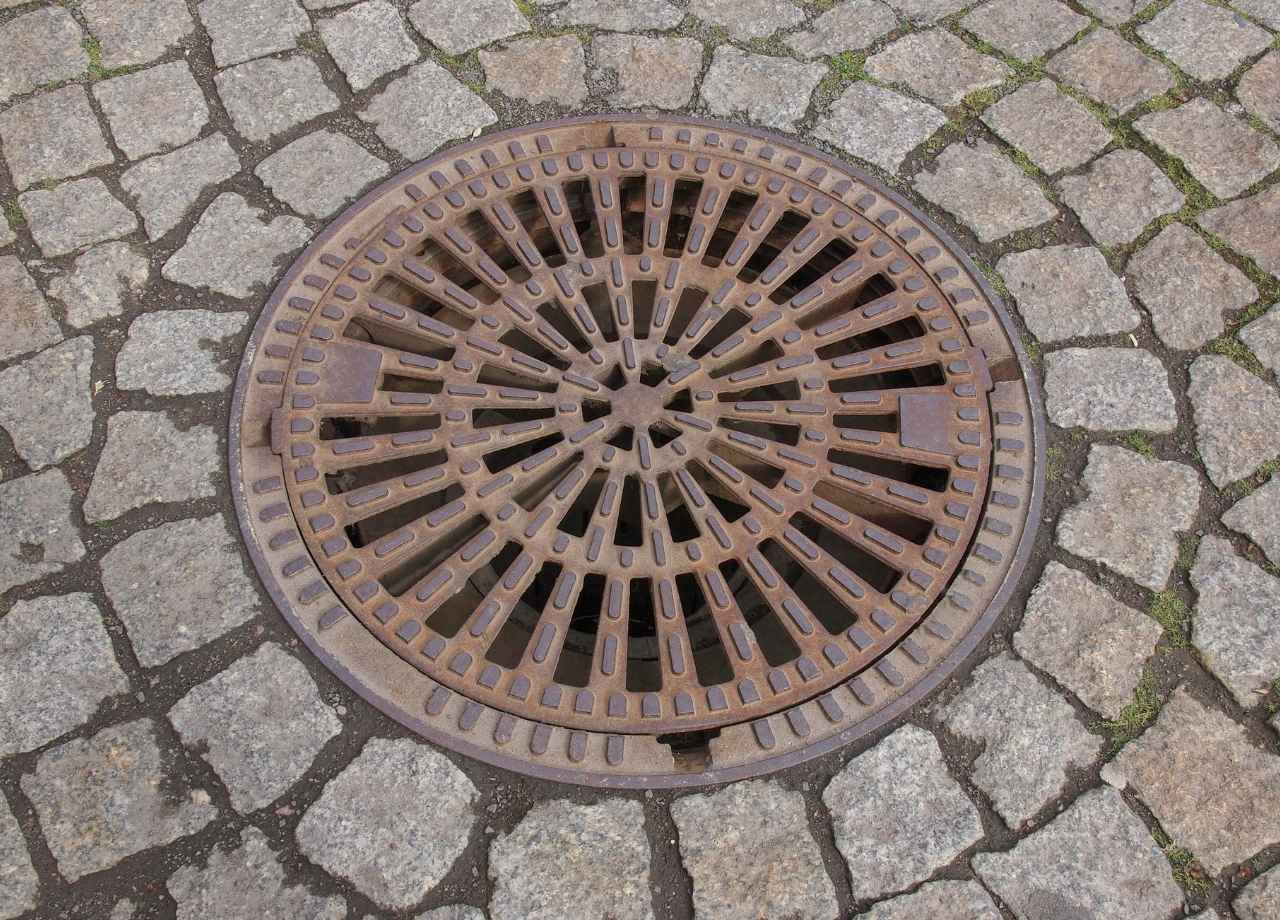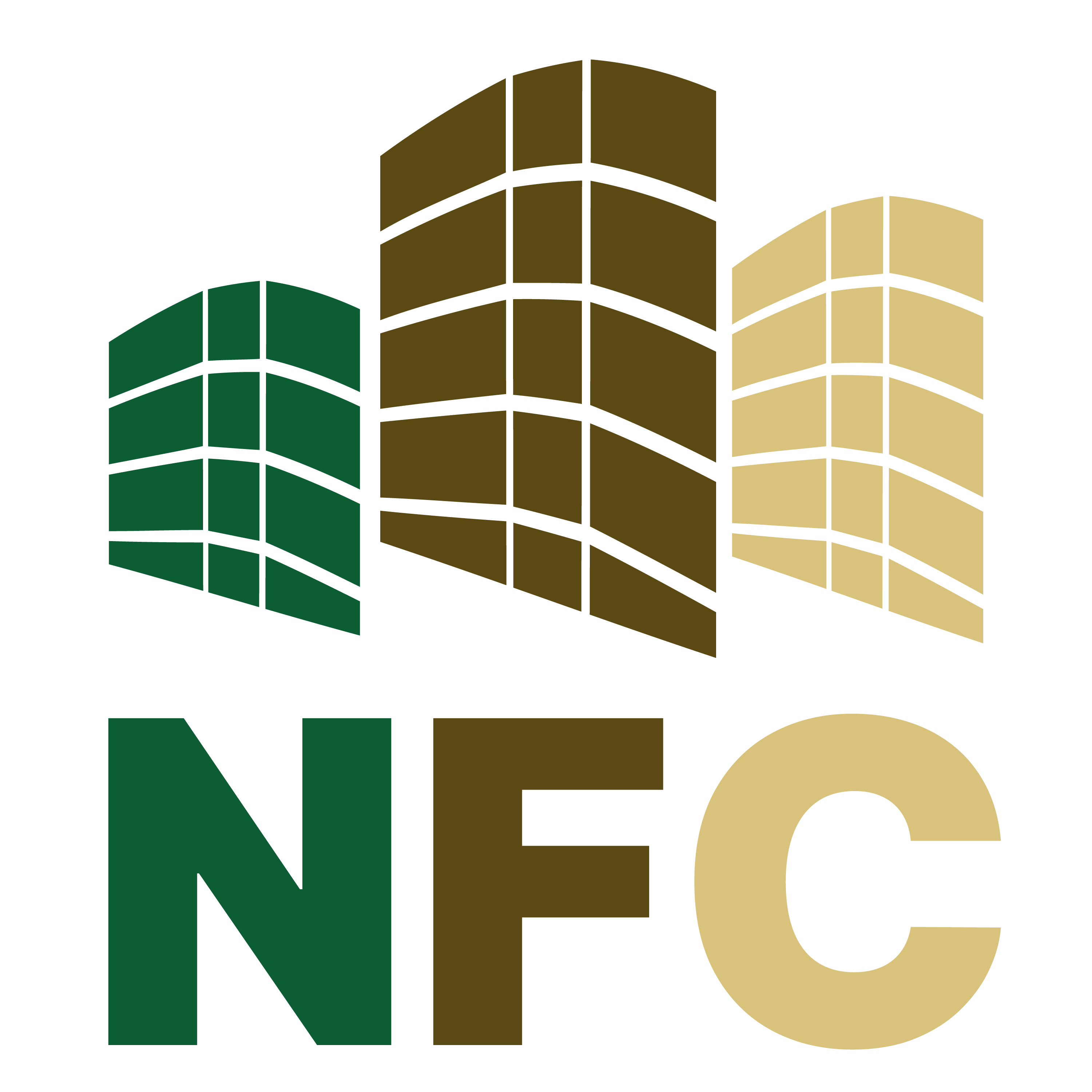Commercial Parking Lot Sweeping: Outsourcing vs. DIY
A clean parking lot isn’t just about aesthetics. It influences customer perception, protects pavement from premature wear, and reduces safety hazards. Businesses that neglect regular sweeping often face increased maintenance costs, liability risks, and compliance issues. The decision to handle sweeping in-house or hire a professional service comes down to cost, reliability, and long-term benefits. Each approach presents challenges that go beyond simple price comparisons.
Equipment and Maintenance Costs
Purchasing a commercial-grade parking lot sweeper requires a significant investment. A new truck-mounted model can cost well over six figures, while smaller ride-on or walk-behind sweepers range from several thousand to tens of thousands of dollars. Used equipment is an option, but older models come with wear-related risks that may lead to higher maintenance expenses.
Operating a sweeper isn’t as simple as filling it with gas and turning it on. Hydraulic systems, vacuum mechanisms, and brushes require regular servicing. Worn-out bristles lead to ineffective debris collection, while clogged filters reduce suction power. Repairs and replacement parts add up quickly, and if the machine breaks down, parking lot cleanliness suffers until repairs are completed.
Fuel costs further impact the budget. Parking lot sweepers burn more fuel than regular vehicles, especially truck-mounted models. Rising fuel prices can make in-house sweeping less cost-effective, particularly for businesses managing multiple locations.
Storage also becomes an issue. Parking a sweeper on-site requires dedicated space, preferably covered to protect it from the elements. Some businesses lack the necessary storage, forcing them to rent space or risk premature wear from outdoor exposure.
Labor Requirements and Scheduling Difficulties
Running a sweeper effectively takes more than just a driver’s license. Employees need training to operate the machine, follow sweeping patterns that maximize debris collection, and navigate tight spaces without damaging curbs or landscaping. Inexperienced operators may miss sections, waste fuel with inefficient routes, or cause unnecessary wear on the machine.
Hiring and retaining skilled employees presents another challenge. Sweeping often takes place after hours when parking lots are empty. Finding staff willing to work overnight or early morning shifts can be difficult, leading to high turnover. Every new hire requires additional training, adding to labor costs and administrative workload.
An in-house team also needs flexibility to adjust sweeping schedules based on weather conditions. Rain can wash away loose debris, reducing the immediate need for sweeping, while dry and windy conditions increase dust accumulation. Businesses managing their own sweeping must monitor conditions and adjust accordingly, which adds another layer of operational complexity.
Consistency and Quality Control
A clean parking lot requires more than just occasional sweeping. Leaves, dirt, and trash accumulate daily, meaning regular maintenance is necessary to prevent buildup. Businesses handling sweeping in-house may struggle to maintain a consistent schedule, especially during peak seasons when staff is occupied with other responsibilities.
A professional sweeping service follows a set schedule and uses high-efficiency equipment designed to remove fine particles that contribute to pavement wear. Regenerative air and vacuum sweepers offer superior cleaning compared to smaller ride-on models, ensuring thorough debris removal.
Outsourcing also eliminates the risk of missed cleanings due to employee absences or equipment breakdowns. Professional providers have backup machines and trained staff ready to step in if necessary. In-house teams, on the other hand, may need to delay sweeping until repairs are completed or replacement workers are found.
Environmental and Compliance Considerations
Sweeping isn’t just about keeping parking lots looking presentable. It also plays a role in environmental compliance. Dirt, oil, and other pollutants accumulate on asphalt, and if not removed, they can wash into storm drains during rainstorms. Many municipalities have regulations requiring businesses to manage stormwater runoff properly.
Professional sweeping services follow strict environmental guidelines. They use filtration systems designed to capture fine dust and dispose of collected debris in accordance with local regulations. Businesses managing sweeping in-house must ensure they are following proper disposal methods to avoid fines or legal issues.
Certain areas also have noise restrictions that limit when sweeping can take place. Professional services are familiar with local ordinances and adjust schedules accordingly. Businesses handling their own sweeping must be aware of these regulations to avoid complaints from nearby residents or businesses.
Liability and Risk Management
A poorly maintained parking lot increases the risk of accidents. Loose gravel, broken glass, and accumulated debris create slip-and-fall hazards for pedestrians. Drivers may also experience traction issues, particularly in areas with excessive dirt buildup. If a customer or employee gets injured due to an unclean lot, the business may face liability claims.
Professional sweeping companies carry liability insurance that covers accidents related to their services. If a sweeper truck damages property or an operator gets injured, the responsibility falls on the contractor. Businesses managing sweeping internally must cover these risks themselves, potentially increasing insurance premiums.
Accidents involving sweeping equipment can also lead to costly repairs. A distracted operator can damage curbs, landscaping, or parked vehicles. Professional providers train their staff extensively, reducing the likelihood of accidents. In-house teams may not receive the same level of training, increasing the risk of property damage.

Cost Comparison Over Time
At first glance, managing sweeping in-house might seem like a way to save money. Purchasing a sweeper and using existing staff eliminates the need for service contracts. However, long-term costs often tell a different story.
Depreciation, maintenance, fuel, labor, insurance, and compliance costs add up over time. A business must also factor in unexpected expenses, such as equipment breakdowns or unplanned repairs. Professional sweeping services distribute their costs across multiple clients, making them more cost-effective for individual businesses.
For large properties or businesses managing multiple locations, outsourcing often provides better value. A single contract covers multiple sites, eliminating the need for separate equipment purchases and staffing. Smaller properties with minimal debris accumulation may benefit from a basic in-house solution, but larger commercial lots typically see better long-term savings with a professional service.
Making the Right Decision
Some businesses prefer direct control over maintenance tasks. If staff is already available, and the property is small enough to manage with a basic ride-on sweeper, an in-house approach may be reasonable. However, the investment in equipment, labor, and maintenance must be carefully considered.
National Facility Contractors specializes in comprehensive parking lot sweeping solutions designed to keep commercial properties clean, safe, and compliant. By outsourcing to a professional provider like NFC, businesses can eliminate the hassle of equipment maintenance, staffing challenges, and unpredictable costs while ensuring a consistently well-maintained parking lot.
Regardless of the approach chosen, regular sweeping is essential. A neglected parking lot not only looks unprofessional but also accelerates pavement deterioration, increases liability risks, and creates environmental concerns. Whether managed internally or outsourced, consistent maintenance ensures a cleaner, safer, and more welcoming property.







